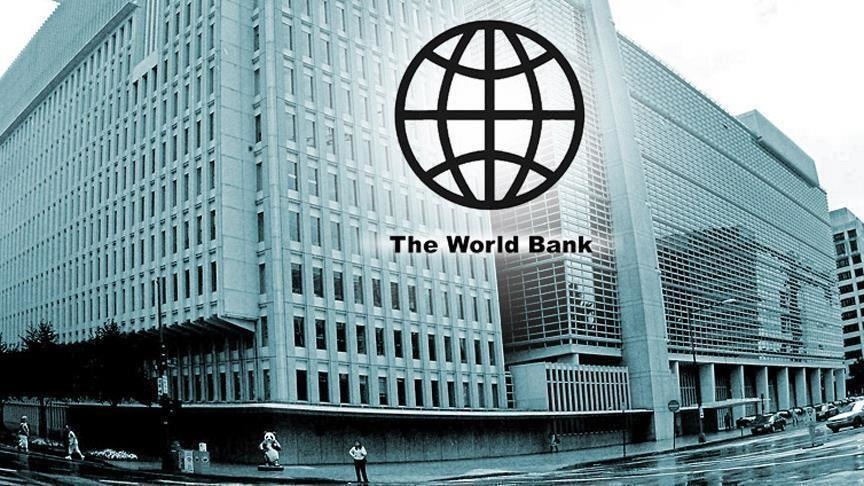The findings, interpretations, and conclusions expressed herein are those of the author(s) and do not
necessarily reflect the views of the Board of Directors of the International Finance Corporation or the
governments they represent.
The International Finance Corporation, part of the World Bank Group, does not guarantee the accuracy of
the data included in this work.The boundaries, colors, denominations, and other information shown on
any map in this work do not imply any judgment on the part of the International Finance Corporation or
the World Bank concerning the legal status of any territory or the endorsement or acceptance of such
boundaries.
Rights and Permissions
The material in this work is copyrighted. Copying and/or transmitting portions or all of this work without
permission may be a violation of applicable law. The International Finance Corporation encourages
dissemination of its work and will normally grant permission to reproduce portions of the work promptly.
For permission to photocopy or reprint any part of this work, please send a request with complete information to the Copyright Clearance Center, Inc., 222 Rosewood Drive, Danvers, MA 01923, USA; telephone
978-750-8400; fax 978-750-4470; Internet: www.copyright.com.
All other queries on rights and licenses, including subsidiary rights, should be addressed to Corporate
Relations, International Finance Corporation, 2121 Pennsylvania Avenue, N.W.,Washington, DC 20433, USA;
fax: 202-974-4384.
Copyright 2006 International Finance Corporation
All rights reserved
Manufactured in the United States of America
First Printing September 2006.
Preface
In 2001, the International Finance Corporation
(IFC) launched the Global Credit Bureau Program.
Since the launch of the program, the IFC has supported the development of credit bureaus in over
40 countries through technical assistance and
investment,including support to the regional credit bureau in Central America and the first private
credit bureau in Egypt, work on the legal and regulatory framework in Kenya and Panama, and
ongoing assistance towards the development of a
private bureau in Vietnam. The IFC, together with
the World Bank, began monitoring the credit
reporting environment in over 100 countries,
and
the results are included and disseminated through
the Doing Business report.
The content of this Credit Bureau
Knowledge Guide reflects the IFC’s experience
with credit bureau markets, and its purpose is to
provide a comprehensive overview of the development of credit bureaus. IFC’s experience in
emerging markets indicates that global knowledge
on credit bureaus is fragmented, much like the
credit information sharing environment itself in
most emerging market countries.The objective of
this guide is, therefore, to disseminate best
practices in credit bureau development and further contribute to the development of credit
bureaus in emerging markets.
The Credit Bureau Knowledge Guide was
prepared by a team led by Nataliya Mylenko and comprising the members of the IFC Global Credit
Bureau Program team: Tony Lythgoe, Oscar
Madeddu, Colin Raymond, Shalini Sankaranarayan,
Peter Sheerin,and Stefano Stoppani. The work was
carried out under the general direction of Peer
Stein. The authors would like to thank colleagues
in the World Bank Group for their continuous support of the Global Credit Bureau Program work
and preparation of this Guide.We are also grateful
for the generous contributions of the credit
bureaus around the world that made possible the
development and publication of this Guide. We
would particularly like to acknowledge the design,
layout,and production support of Aichin Lim Jones
and editorial assistance of Madeline Nevins.
We would like to acknowledge the support
of our donors, without whom the Global Credit
Bureau Program’s activities would not have been
possible. Specifically we would like to thank the
Italian government for its support of our activities
in Eastern Europe and Latin America and the
Caribbean;
the government of the Netherlands for
its support of our activities in Africa; the
Norwegian government for overall program
support and support of our activities in Africa; the
Australian government for its support of our activities in Vietnam; the government of New Zealand
for its support of our activities in Pakistan and
Indonesia; and Visa International for global
program support.
We hope this Guide will prove both informative and useful.

